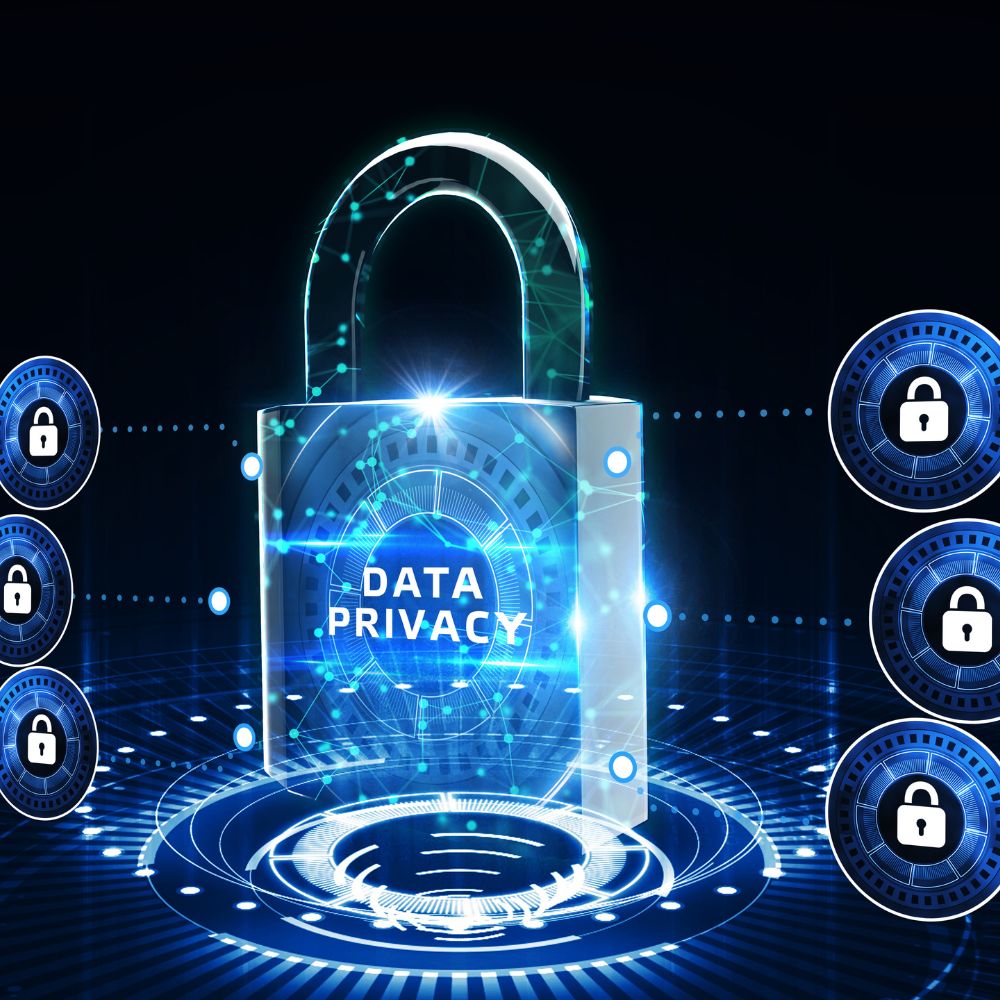In today’s digital age, having access to a reliable internet connection is essential for staying connected and getting work done on the go. Public Wi-Fi is a convenient option for many people, as it allows them to connect to the internet from places like cafes, airports, hotels, and libraries without using their data plan. However, using public Wi-Fi comes with potential security risks that users should be aware of.
One of the main concerns with using public Wi-Fi is the lack of encryption. Most public Wi-Fi networks are unencrypted, which means that data transmitted over these networks is not secure and can be intercepted by hackers. This puts users at risk of having sensitive information such as passwords, emails, and personal data stolen.
Another risk with public Wi-Fi is the presence of malicious actors who may set up fake networks in public places to trick users into connecting to them. These fake networks, also known as “evil twin” networks, can look legitimate to unsuspecting users, but are actually designed to steal their data. Once connected to these networks, hackers can easily intercept and manipulate data flowing between the user’s device and the internet.
Additionally, public Wi-Fi networks are often used by multiple users at the same time, making them a prime target for cybercriminals looking to exploit vulnerabilities in the network to gain access to users’ devices. By compromising the network, hackers can launch attacks such as man-in-the-middle attacks, where they intercept communications between two parties without their knowledge.
Despite these risks, there are steps that users can take to protect themselves when using public Wi-Fi. One of the most important things to do is to avoid accessing sensitive information or conducting sensitive transactions, such as online banking, while connected to public Wi-Fi. Instead, wait until you are on a secure network, such as your home or office network, before accessing sensitive information.
Another important step is to use a virtual private network (VPN) when connecting to public Wi-Fi. A VPN encrypts your internet traffic and creates a secure connection between your device and the VPN server, protecting your data from being intercepted by hackers. Many VPN services are available for a small fee or even for free, making it easy for users to stay safe online.
It is also important to ensure that your device’s software is up to date and that you have security software installed to protect against malware and other online threats. By keeping your device and software up to date, you can reduce the risk of falling victim to cyberattacks while using public Wi-Fi.
In conclusion, while public Wi-Fi can be a convenient option for staying connected on the go, it is important to be aware of the security risks that come with using it. By taking the necessary precautions, such as avoiding sensitive transactions, using a VPN, and keeping your device and software up to date, you can protect yourself from potential threats and stay safe while using public Wi-Fi. Remember, staying informed and being cautious are key to staying safe online.

